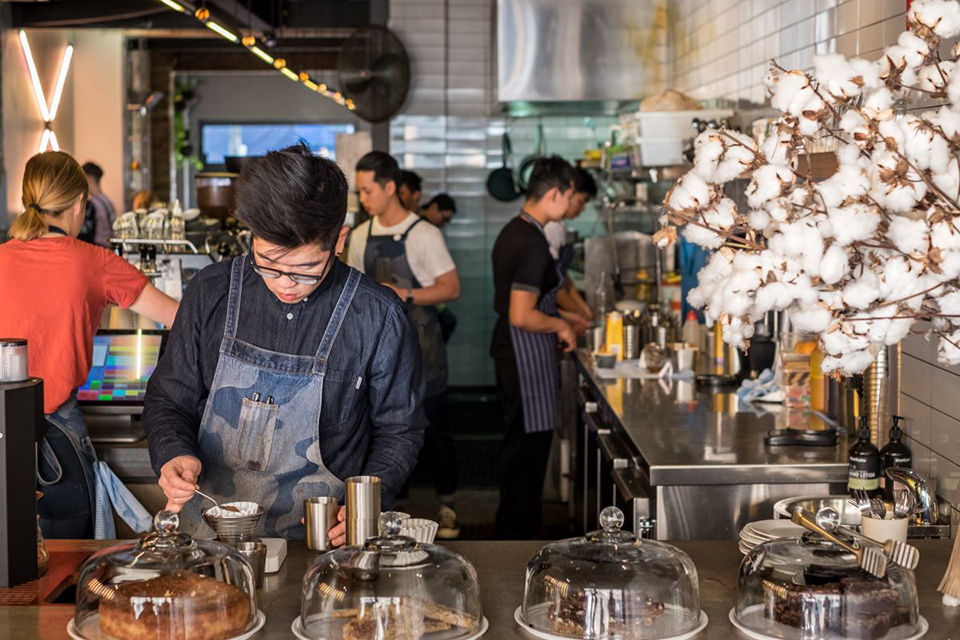
In Australia, international students can work while studying. This can help with living costs and give you the work experience and networks you need to prepare for graduate employment.
As an international student, you are protected by the same rights as all Australian workers, but there can be restrictions on how many hours you can work. These limits, or ‘caps’ are designed support you to have enough time each week to succeed in your chosen course of study.
Are international students allowed to work in Australia?
Yes, international students can and do work in Australia. There are plenty of work opportunities available. Positions in businesses such as cafes, restaurants and retail outlets are popular because they have flexible schedules which can complement class timetables.
Working hour restrictions
The number of work hours allowed during study terms and semesters is 48 hours per fortnight.
You should regularly check your visa conditions to ensure your working hours align with what your visa allows.
Types of work
Typically, there are three types of employment in Australia:
- Full-time
- Part-time
- Casual
Your employment contract must specify which of these working arrangements applies to your work.
Part-time and casual work is the most popular option for international students, as these allow for flexible working hours that can adjust to changes in study load or class timetables.
- Casual work: A casual worker has signed an employment contract specifying their hourly wage. However, their hours can change week by week. Hourly pay for casual work is higher because there are no paid leave entitlements. For example, if you call in sick as a casual worker, you won't get paid for the hours you were supposed to work.
- Part-time work: A part-time worker usually has set hours and days each week and can access paid leave (such as a set number of paid sick days or holidays). Part time workers often work two or three days per week.
- Full-time work: A full-time worker works a set amount of hours each week, usually between 35 and 38 hours per week. A full-time worker is entitled to a set amount of paid holiday and sick leave - they will still get paid if they take a holiday or a day off because they're unwell.
Getting paid (and income tax)
You are entitled to receive payment for work unless you have specifically offered to volunteer. This payment must be in line with Australian minimum wage laws. The minimum wage in Australia is reviewed each year. Check for the latest minimum wage here.
When you start applying for jobs you will need to register for a Tax File Number. Depending on how much you earn, you may need to pay income tax and then file a ‘Tax Return’ after the end of each financial year (30 June each year). You can also apply for an income tax refund before you leave Australia by lodging a Tax Return.
You are entitled to receive your pay into a bank account of your choosing and to receive a payslip (documenting your pay) within one working day of receiving your pay.
Superannuation
Superannuation (super) is a way of saving money for retirement, but even student visa holders are entitled to ‘super’ contributions from employers. These are paid directly into your chosen superannuation fund at a minimum of 9%of your ordinary earnings. When you permanently depart Australia, you are eligible to access this money that has been saved on your behalf. You can find out more on the ATO website.
Use the Fair Work Ombudsman's pay and conditions tool to determine if you're being paid the correct wage.
Your rights as a worker
As an international student, you have the same working rights as all other workers in Australia. These rights also apply to volunteering, internships and other work experience opportunities. You can learn more about how volunteering and internships work in Australia at the Fair Work Ombudsman website.
No matter what kind of work you engage in while living and studying in Australia, make sure you know your rights. You can contact the Fair Work Ombudsman if you have any concerns. You are always allowed to ask for help and this will not affect your visa status.